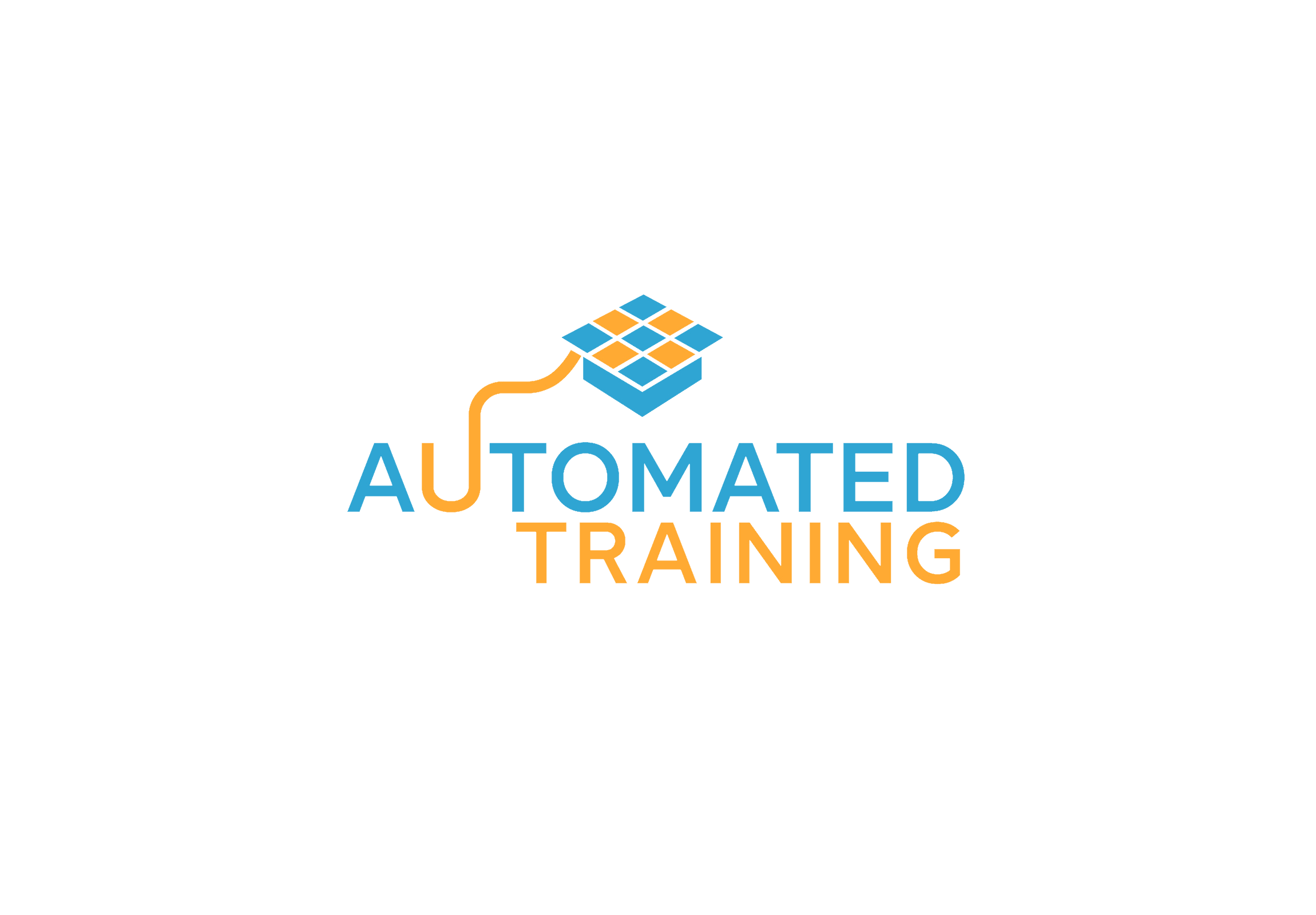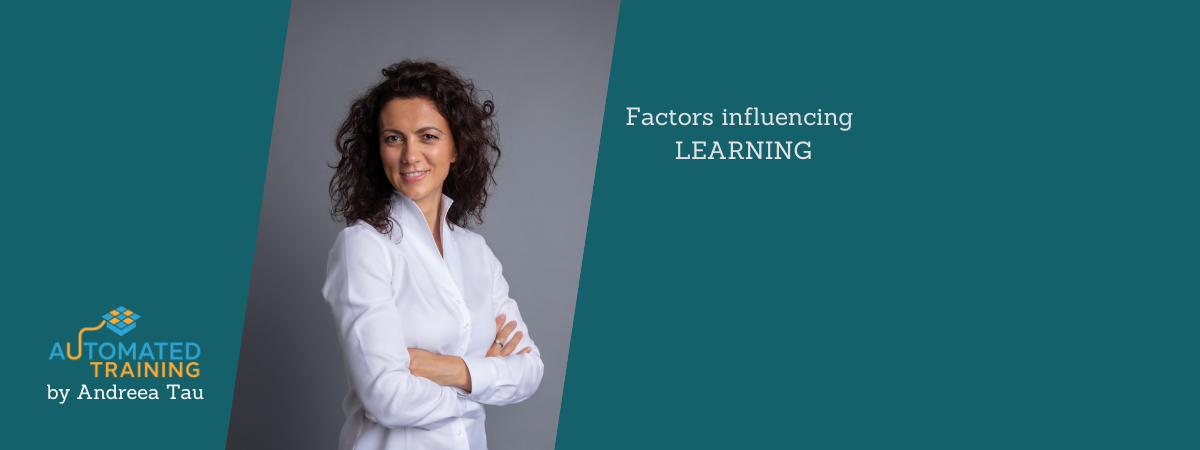Are we really learning from mistakes?
And, if mistakes are such great teachers, why don’t we do more of them?
“Everyone should learn to happily make errors … To think is to move from one error to the next” (Alain, Propos sur l’education)
Is this the whole truth about mistakes?
My personal attitude towards mistakes is slightly different. I don’t judge people by their mistakes but by their desire to fix them. Because learning takes place in the process of fixing mistakes and I will explain how this happens in the brain.
Nowadays people are encouraged to make mistakes because doing something totally new is not a mistake; not even when it goes wrong. But there wasn’t always like this.
What has changed then? The perception of mistakes maybe?
“Intelligence is not to make no mistakes. But quickly to see how to make them good“(Charlotte Foltz Jones -Mistakes that worked)
What is this all about?
John C. Maxwell has dedicated a whole book to this concept, called “Sometimes I win, sometimes I learn”, a great book, also funny in place. It is not about cognitive learning and the mistakes done when learning. But it is about life and learning when doing mistakes.
This article is about cognitive learning from mistakes, and how learning from mistakes takes place at the brain level. By understanding this you gain the benefit of knowing how to handle employees and/or children when they are making mistakes. Even more, you know how to handle your own mistakes and the “error recovery” procedure.
When we apply all the knowledge we have in solving a problem, in a way we are convinced it is correct, but it proves to be wrong, how can we learn something from this mistake?
Do we need somebody to give us the right solution or we can come by ourselves to that?
The brain uses the recent past to predict the future
Before responding to the questions, I will explain the prediction-error systems of the brain. And then you might be able to formulate the answer by yourself.
The brain has error predictive circuits for all senses. Such a predictive system detects patterns and then follows them. The brain uses the recent past to predict the future. And just between us, our whole thinking system is driven by the same mechanism. It evaluates the future based on our past. Want to test this on yourself? Answer sincerely the following questions:
- Can you skydive?
- Could you drive a plane?
- Can you cook? ( here I hope that at least one time you put something together in a pot and came out something eatable 😉 )
I don’t dare to ask you career-related questions, but I dare you to ask yourself those questions. Those related to your “non-progress”, in order to understand why didn’t happen and what you should do to happen.
If you have never done the above activities, your first instinct is to answer the questions with no. Otherwise, you need a lot of energy and imagination to answer the first question with “yes”. But if you tried one activity, at least once, your answer is going to be definitely positive.
Why? Because your brain has identified at least a sample of a pattern, o even a whole pattern (as in the case of cooking).

Learning from mistakes at the brain level
In doing this evaluation of the future based on the recent past, the brain has a big benefit. It can run on less energy by lowering the attention to boring and predictable signals. As long as the input signal matches the prediction, the difference is zero. There is no error in the prediction, everything runs as expected.
When there is a difference between prediction and reality, this is amplified and propagated to the next hierarchy of predictive systems. In the hope that those higher hierarchies can handle it. This one works in the same way: it tries to explain the input by comparing it with its prediction. It makes the difference, which results in the “error message” which is amplified and transmitted to the next hierarchy hoping to do a better job. You can see, in the brain is much more activity when there is a discrepancy between prediction and outcome.
“Neurons adapt to repeated and predictable events and react with an increased discharge whenever a surprising event occurs. The only thing that changes from one brain area to the next is the type of violation that can be detected” (Stanislas Dehaene – How we learn)
Let’s have a short experiment and feel how our brain prediction systems react when input differs from prediction.
Error prediction systems of your brain
The language area has also such a prediction system. When communication runs as expected, we tend to lose the communication partner. But what happens when I make the following affirmation. “My favorite dessert is a combination of ice cream and shoes”. Do I mess with your prediction system? Do you feel that short moment when you don’t know what to do with the “shoes”? Because you expected something eatable, even cucumber would have been accepted although I don’t know any recipe for ice and cucumber. So you tried for some milliseconds to find out what is the shoe doing in my ice cream, and in case you didn’t get it, you would have asked me: “SHOES?!?!”
Sight has an, even more, exercised predictive system because our survival depended on it. For millions of years, gathering the fruits and plants was done while constantly scanning the surroundings for pattern changes. The gatherers would have cyclically checked if the bush in front of them is still or if it moves due to some animal. Prediction: bush still. Error signal: bush moving.

In order to keep the trainees engaged in training, the trainer has to be aware of the visual error prediction system. People’s attention drop when the sight has nothing new to process. When the sight senses a pattern, that repeats for a while, the visual attention is lowered because the brain already knows the boring and repeated signal that comes. Presenting the material to be learned in video format, has the advantage that can “surprise” pretty often and regularly the visual prediction system, with different visual information, so that it doesn’t enter the low power mode.
Test the error prediction system in the sight
HHHHHHHHHHHHHHHHHHHHHHHHHHHHHHHHHHHHHHHHHHHHHHIHHHHHHHHHHHHHHHHHHHHHHHHHHHHHHHHHHHHHHHHHHHHHHHIHHHHHHHHHHHHHHHHHHHHHHHHHHHHHHHHHHHHHHHHHHHHHHHHHHHHHHHHHHHHHHHHHHHHTHHHHHHHHHHHHHHHHHHHHHHHHHHHH
Did you spot the “I” in the rows of “H”s?
Both of them?
What about the “T”?
The condition for learning from mistakes
This is how error prediction systems work in our brains. Let’s now respond to the question: how can we learn from our mistakes or from corrective feedback?
“Knowledge may come from study, but wisdom comes from learning and improving in the wake of your mistakes“(John C. Maxwell)
We are able to learn from mistakes only if we first make a prediction upon the outcome and then analyze the discrepancy in case there is one. After acquiring the information (1. st pillar of learning) the first condition is to apply it, to practice (2. nd pillar of learning). In the process of applying the information, is where we can learn from our mistakes.
“The only man who never makes a mistake is the man who never does anything” (Theodor Roosevelt).
But before engaging in the practice, it is crucially important to formulate a prediction about the outcome ( active engagement).
“Organisms only learn when events violate their expectations” (Rescorla-Wagner theory). The brain learns if it perceives a gap between what it predicts and what it receives.
How to help our kids to learn from mistakes
The term learning from mistakes is very common nowadays. But it wasn’t always like this. At least not in my childhood. Back then, children were not allowed to be wrong or to make errors, nor did I. I was not allowed to try, I was not allowed to answer erroneously. Even less when the question was a mathematical one and my mother knew the right answer :).
Why that? Because our parents were also not allowed to be wrong and to fail. They passed this forward as part of education. But, what are we passing to our children as part of education?
How can you spot if you are such a parent?

Pay attention to what you do when you play with your kid. If you allow your kid to try to fit a piece of the puzzle in the wrong place/hole. And then again in another wrong place/hole, then you are the type of parent that allows learning from mistakes. But if you stop your kid from placing the piece of the puzzle in the wrong place and show him immediately where he should place it (hoping that he will learn and remember next time), then you don’t allow your kid to learn from mistakes. Even worse, if you show him the correct way before he tries some failures, you “program” your kid that success happens at the first trial. It is ok, to show a kid the right way, but first, after he experiences his scenarios, his trials, his learning from mistakes.
Of course, you should allow him to try only what is not dangerous, or don’t cause him harm. I mainly talk here about logic games. Because I have seen many mothers that could not bear to see their dear son trying to fit the circle into the square hole. And they immediately correct the “mistake” by showing how it is right.
I believe you don’t want to program in the brain of your child that success comes from the first try. Because, in life, the successful people are only those that have tried, one time more than they have failed. And also you don’t want to program him that he should always wait to be shown how he has to do something. You want him to have initiative. An entrepreneur differs from an employee mainly in that he doesn’t wait for somebody to tell him what to do and how to do it. Also in that, he tries more times and in different ways by correcting his mistakes with each try.
“Every success I know has been reached because the person was able to analyze defeat and actually profit from it in the next undertaking “(William Moulton Marston)


